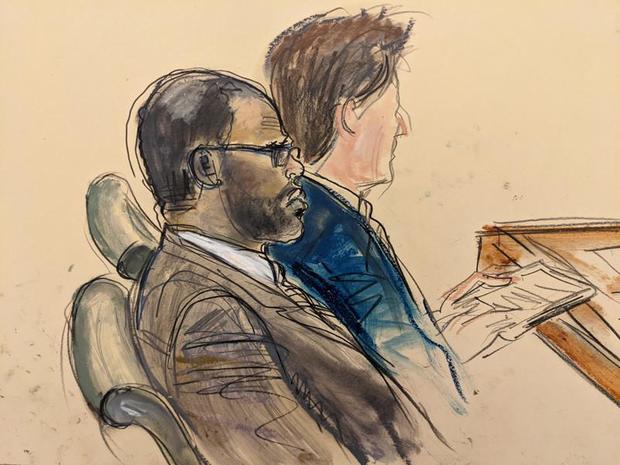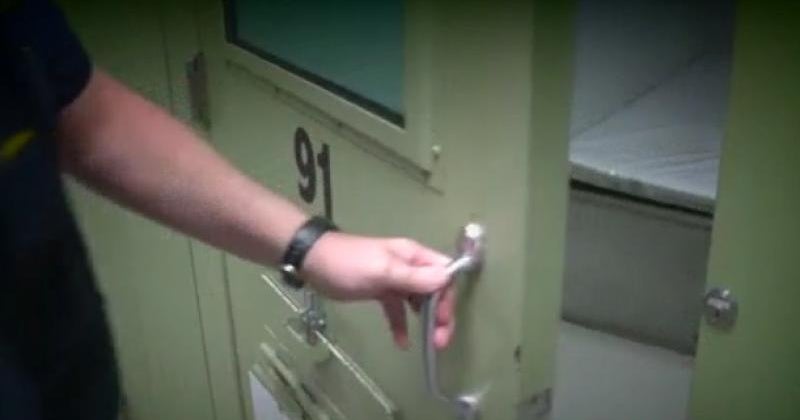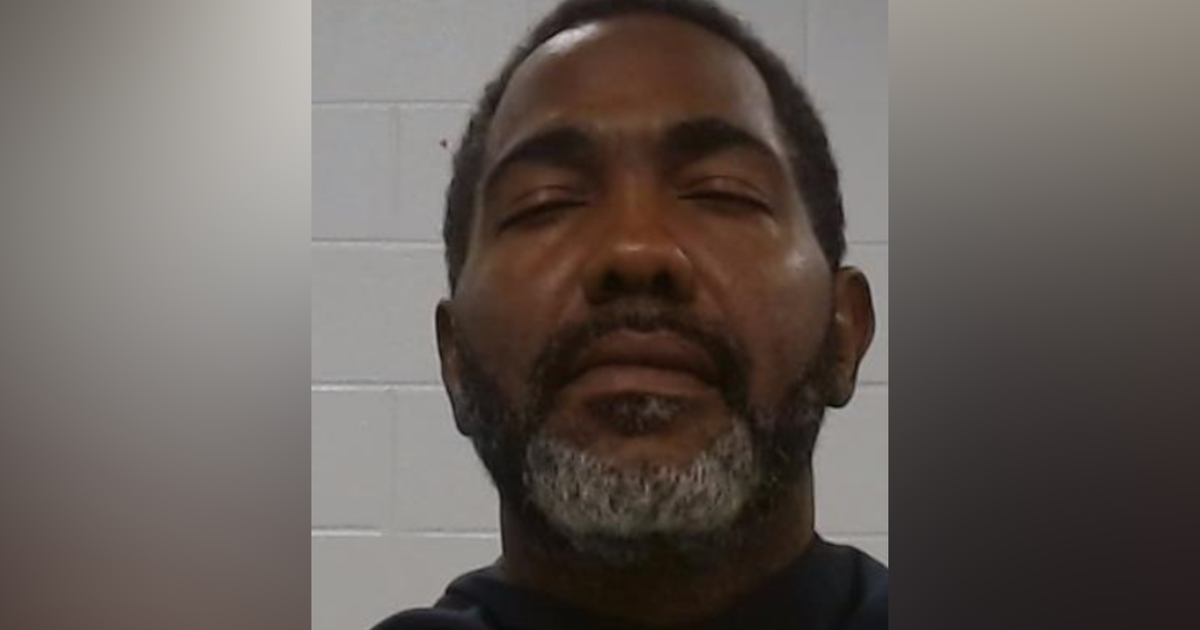"This case is about a predator:" R. Kelly's racketeering trial begins in New York
R&B star R. Kelly masterminded a decades-long sex trafficking plot and used his fame to exploit girls, boys and young women, prosecutors alleged as his federal racketeering trial began in New York Wednesday.
"This case is about a predator," Assistant U.S. Attorney for the Eastern District of New York Maria Cruz Melendez said in her opening statement.
The 54-year-old Kelly, who also has pending criminal cases in Minnesota and Illinois, faces 10 years to life in prison if he is convicted in the New York case. His racketeering indictment includes underlying counts of sexual exploitation of a child, bribery, kidnapping, forced labor and violations of the Mann Act, which criminalizes the transportation of women and girls for any "immoral purpose." He has pleaded not guilty.
Jerhonda Pace was the first of Kelly's accusers to take the stand, testifying she was a 16-year-old fan of Kelly's when he invited her to his house in 2009. Pace and five other women in the indictment are referred to in court filings as "Jane Does," but Pace has spoken publicly about her accusations.
Pace recounted an incident at Kelly's home that year when he ordered her to walk back and forth while in her bathing suit and then to take the suit off.
"I felt uncomfortable," she said.
She testified she eventually had sex with Kelly, and when she told him she was a virgin, he replied, "That's good." Pace said she initially told Kelly she was 19, but when she revealed her true age, Kelly told her to continue telling people she was 19 and act as if she were 21.
Kelly has steadfastly maintained his innocence, including in an explosive 2019 interview with CBS News' Gayle King.
Kelly appeared in the Brooklyn federal courtroom wearing a gray suit before an anonymous jury of seven men and five women as proceedings started Wednesday morning. No cameras were allowed to broadcast the proceedings, and media watched via a video feed from an overflow courtroom.
The New York federal indictment alleges the disgraced singer operated a criminal network composed of his managers, bodyguards, drivers, assistants and others who recruited children and women at concert venues where he was performing in the U.S. and abroad. Once he had the accusers alone, Melendez said Wednesday, he "dominated and controlled them physically, sexually and psychologically." Melendez described an enterprise of people devoted to Kelly and eager to "fulfill each and everyone one of the defendant's wishes and demands."
"What his success and popularity brought him was access, access to girls, boys and young women," she said.
But Kelly's attorneys have blasted the alleged racketeering enterprise as an overreach by prosecutors, saying in one court filing the women sought out Kelly's attention and years later have "groupie remorse." Kelly's attorney, Nicole Blank Becker, said Wednesday the women enjoyed the "notoriety of being able to tell their friends that they were with a superstar."
"He didn't recruit them. They were fans. They came to Mr. Kelly," she said. "They knew exactly what they were getting into. It was no secret Mr. Kelly had multiple girlfriends. He was quite transparent."
Becker said the women had an agenda and warned jurors they would need to sift through a "mess of lies." She added that all of the accusers had a consensual relationship with Kelly and suggested they were angry after the relationships ended. Some witnesses would admit they cheated, lied or stole money from Kelly, Becker said.
"Don't assume everybody's telling the truth," she said.
Known for his 1996 song "I Believe I Can Fly" and other chart-topping hits, Kelly has for years faced allegations of sexual abuse. He was acquitted in 2008 of child pornography charges when a key witness did not testify. A series of women later came forward with accusations of abuse in the 2019 Lifetime docuseries "Surviving R. Kelly," prompting public outcry over the allegations in the #MeToo era. The singer was charged with federal sex crimes in New York and Chicago the same year.
The indictment says the women and girls, many underage, were allegedly sexually and physically abused and sometimes held captive, confined to rooms and barred from leaving to eat or go to the bathroom without permission from Kelly. The indictment alleges Kelly enforced rules including calling him "Daddy," wearing baggy clothing when not with him, and keeping their heads down and not looking at other men. Kelly "demanded absolute obedience," and there were consequences for those that didn't follow the rules, Melendez said.
The prosecutor also said Kelly collected collateral on the women or resorted to settlements to keep them quiet. Kelly is accused of filming some of the illegal sex acts and forcing the women and girls to write notes containing reputation-damaging falsehoods as a means of controlling them. Melendez told jurors they would hear testimony from Kelly's former associates and see text messages, phone and travel records, and video and audio recordings that show the punishments Kelly enacted on the women.
Prosecutors have also asked a judge to allow the jury to hear about more than a dozen other accusers – including two who were underage boys at the time – who were not part of the indictment, but whose stories they hope will bolster their case that Kelly had a pattern of exploitation. The legal strategy has been used by prosecutors in other #MeToo era cases against Bill Cosby and Harvey Weinstein. A judge has not yet ruled on whether to allow the additional testimony.
Costanza Maio and The Associated Press contributed reporting.




